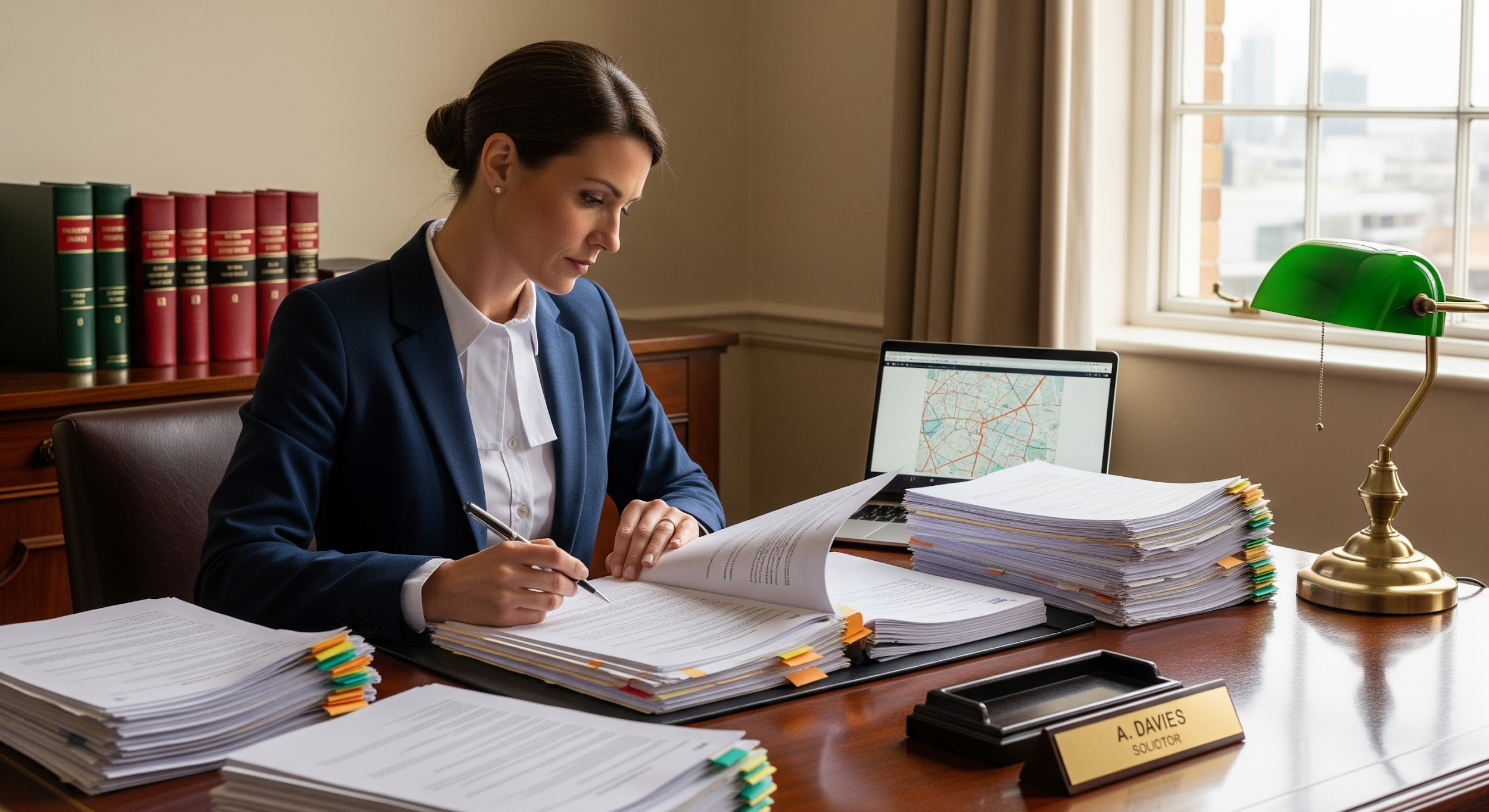The world of law appears to be complicated to those who do not work as lawyers, and most of them do not have clear information about what lawyers do daily. Quite to the contrary of common belief, solicitors can and do carry out an extensive list of tasks, which spans negotiation, written documentation, as well as advising their clients. They are skilled in many areas of law, and so the people and organisations get the required legal services when they suffer.
The Foundation of Legal Guidance
Solicitors will provide the point of entry to any person requiring legal consultation. They read laws and interpret rights in their practical sense, whether they are helping a person resolve a civil conflict or a company dealing with regulatory issues. They cannot just recite the legislation but interpret its implications into practical advice.
Serious injury solicitors assist their clients in recovering compensation for the losses suffered through physical injuries or protracted traumas. They collect medical history, evaluate the extent of injury and make settlements based on the actual cost of recovery. In this way, they bring clarity and reassurance in times of doubt and are more empathetic and precise.
Managing Legal Transactions
In addition to advocacy, solicitors administer the complex aspects of the transactions that define normal life. Their services include conveyancing of property sales, preparation of employment contracts and commercial agreements. They examine each of the clauses to avoid future conflicts so that all involved parties are aware of their responsibilities.
A careful eye is needed in every transaction. A single word or the use of a vague phrase may have legal implications, and therefore, solicitors should pay attention to detail without fail. They do not merely write and leave, but coordinate with financial institutions, estate agents or corporate partners to finalise deals.
Representing Clients and Negotiating Settlements
Even though barristers tend to be represented in superior courts of law, in most of the courts, solicitors have a significant role in representing clients. They visit hearings, tribunals and lower courts, arguing with reasoned and persuasive arguments. Their work is also all about negotiation.
In situations where the resolution of disputes does not require court proceedings, solicitors will mediate between the parties aiming at results that will not entail expensive and lengthy legal battles. They are professionals who combine law and diplomacy, applying pressure and diplomacy to establish settlements that are mutually pleasing to both parties. The ability to evaluate the strengths and weaknesses of a case ensures that clients make informed choices rather than emotional ones.
Preparing Legal Documentation
Every legal process depends on accurate and comprehensive documentation. Solicitors draft wills, contracts, trust deeds, and letters of instruction, tailoring each to the client’s needs. Their writing demands precision and foresight, as even minor inconsistencies can create complications later.
When handling sensitive matters such as inheritance or divorce, solicitors maintain confidentiality and neutrality. Their documentation provides structure to complex emotional or financial arrangements, allowing clients to proceed with confidence.
Upholding Professional Ethics
Integrity lies at the heart of legal practice. Solicitors adhere to strict ethical codes, maintaining client confidentiality and acting in the best interests of those they represent. This trust forms the foundation of every relationship they build.
Ethical obligations also guide how solicitors manage conflicts of interest, handle client funds, and provide impartial advice. Regulatory bodies monitor compliance, ensuring that professional standards never falter. Through this framework, public trust in the legal system remains intact.
Supporting Access to Justice
Not all clients have the means to pay for private legal services. Many solicitors contribute their time to pro bono initiatives or work within legal aid schemes, offering support to those unable to afford representation. By doing so, they reinforce the principle that justice should be available to everyone, not only to those with financial resources.
Their effect is further increased through community involvement. Solicitors train people about their rights to the law, guide them in local advice centres, and guide the vulnerable people in the system of bureaucracy. Their presence goes way beyond the four courtroom walls.
Adapting to Modern Legal Challenges
The legal environment is changing with the changing technology and society. Data protection legislation, digital communication and cybersecurity regulations have resulted in new spheres of concern. To meet these challenges, solicitors need to constantly refresh their knowledge in order to deal with them.
Secure exchange of documents via online systems, virtual consultations, and case management are being practised in the modern world. This change requires flexibility, accuracy, and sensitivity to the privacy issue. Users who are the masters of such tools offer quicker and more convenient services, which do not affect the quality.
The Value of Specialisation
With the increased complexity of laws, most solicitors decide to focus on a particular area like employment, family, environmental, or corporate law. This emphasis enables them to grow in terms of their sector-specific regulations and precedents.
Other professionals are commonly employed by experts to provide holistic services, such as financial advisors, medical professionals, and investigators. They are very useful in solving complicated legal issues due to their capability of incorporating multidisciplinary information.
Final Thoughts
Solicitors accomplish so much more than administrative tasks or administrative roles. They interpolate, lobby, bargain and defend, all the time keeping their own ethical standards that give people their trust in the law. Their work serves to fill the gap between the legislation and real life, helping people and organisations to navigate without confusion in the direction of its just and legal final results.
An insight into the work of solicitors shows that they have a profession that is based on trust, intellect and service. They make sure that justice is not merely an ideal but a tangible reality to all through careful preparation, communication and unswerving commitment.

